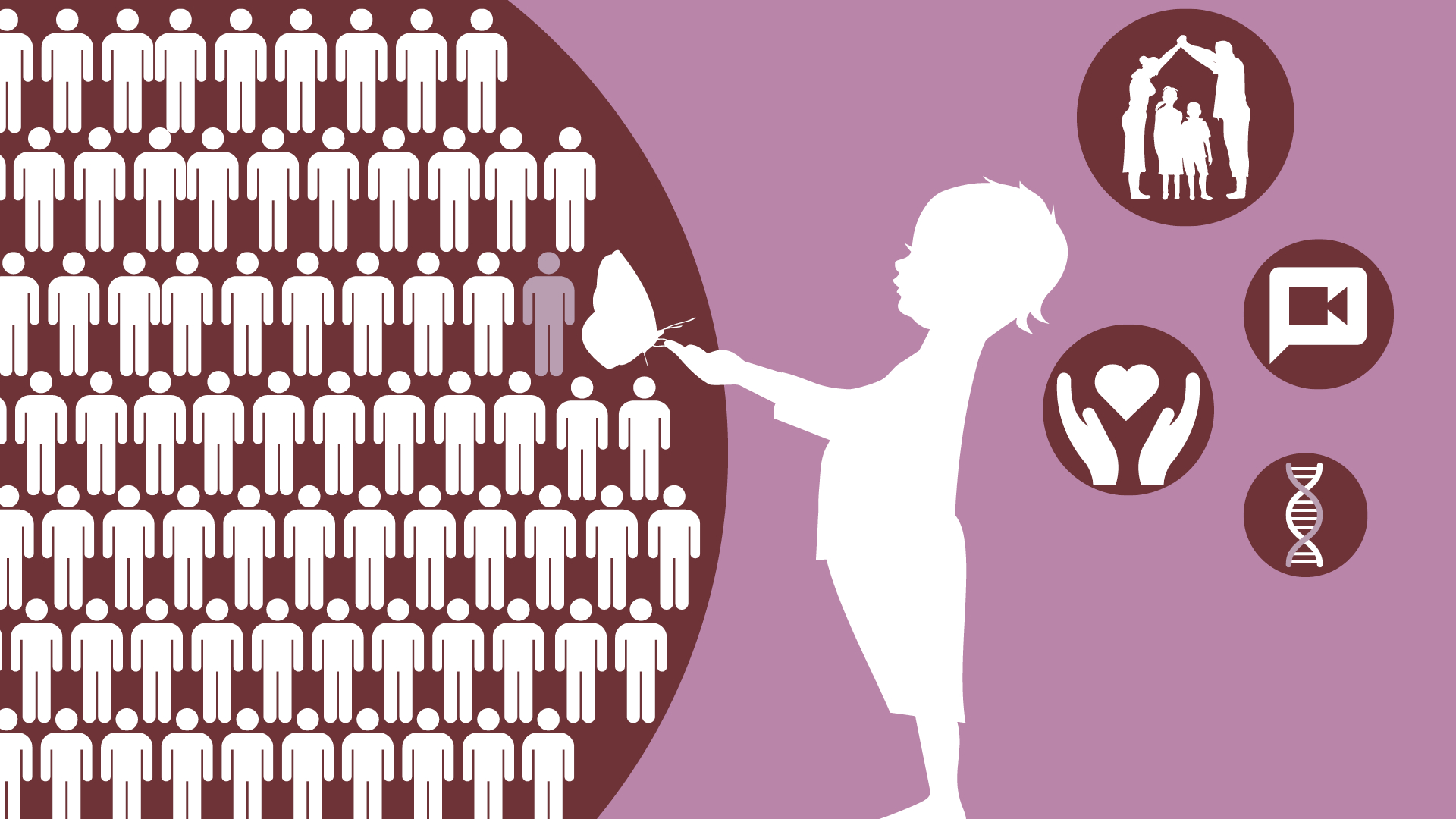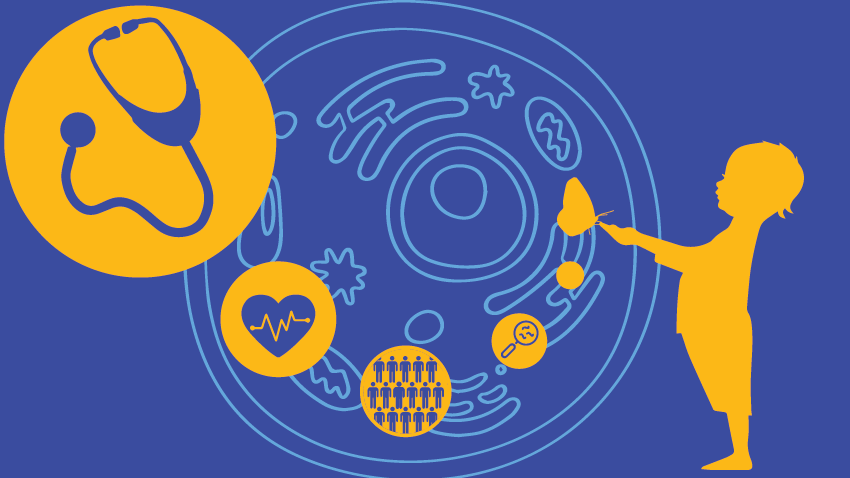
Read more

July 15th (noon ET ; 6pm CET) – available on demand 48 hours after the broadcast (free of charge)
There is much confusion around the theory and definition of artificial intelligence (AI) and how it can be best applied to advance society’s goals, particularly in the area of biomedical research. As part of our ongoing series on rare diseases, this webinar will attempt to explain the foundational concepts of AI and explore how it is being applied to help identify, diagnose, test for, and manage complex disorders, including rare diseases, in global populations. Detection of rare disease is uniquely amenable to analysis using AI, in part because the symptoms and laboratory tests can provide a disease-specific “signature” that software can be trained to recognize. But essential to these efforts is the collection and storage of accurate and reliable data in accessible databases. Experts will discuss how such data can be gathered and analyzed, including the application of technologies such as AI to comb through thousands of medical records to detect both known and new rare diseases, and to understand how to best manage these conditions.
This webinar will last for approximately 60 minutes.
Teaser:
Or listen it as a podcast:
With:
Ben Solomon, M.D. (NHGRI, NIH, Bethesda, MD)
Sylvia Thun, M.D. (Charité Mental Health, Berlin, Germany)
Julián Isla (Foundation 29, Madrid, Spain)
Sandra Brasil, Ph.D. (Portuguese Association for Congenital Disorders of Glycosylation, Caparica, Portugal)
Sean Sanders, Ph.D. (Moderator, Science/AAAS, Washington, DC)